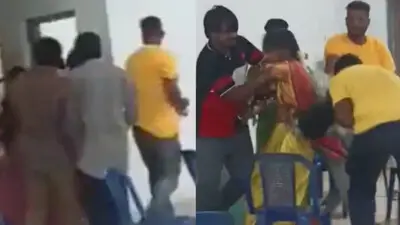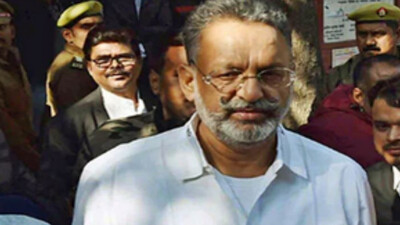Recommended Stories
"Further, the trend seems to be persistent like an incurable cancerous cell which explodes out at the slightest imbalance," a bench of justices B S Chauhan and Dipak Misra said in a judgement.
The apex court gave the verdict while upholding the appeal of Bulandshahar Chief Judicial Magistrate (CJM) Amar Pal Singh challenging the strictures passed by the Allahabad High Court after the CJM refused to direct police to record an FIR of alleged attempt to murder lodged by one Sunil Solanki.
"The respect for the judiciary is not enhanced when judges at the lower level are criticised intemperately and castigated publicly. No greater damage can be done to the administration of justice and to the confidence of the people in the judiciary than when the judges of the higher courts publicly express lack of faith in the subordinate judges for one reason or the other. It must be remembered that the officers against whom such strictures are publicly passed, stand condemned for ever in the eyes of their subordinates and of the members of the public. No better device can be found to destroy the judiciary from within. The judges must, therefore, exercise self-restraint," Justice Misra, writing the judgement, said.
The apex court expunged the strictures passed against the CJM. Quoting an adage `It is well said that a judge who has not committed an error is yet to be born," the bench said, "That applies to judges at all levels from the lowest to the highest."
The apex court said sometimes the difference in views of the higher and the lower courts is purely a result of a difference in approach and perception. On such occasions, the lower courts are not necessarily wrong and the higher courts always right, it said.
"It has also to be remembered that the lower judicial officers mostly work under a charged atmosphere and are constantly under a psychological pressure with all the contestants and their lawyers almost breathing down their necks ? more correctly upto their nostrils.
"They do not have the benefit of a detached atmosphere of the higher courts to think coolly and decide patiently. Every error, however gross it may look, should not, therefore, be attributed to improper motive," the bench observed.
The court said it is possible that a particular judicial officer may be consistently passing orders creating a suspicion of judicial conduct which is not wholly or even partly attributable to innocent functioning.
"Even in such cases, the proper course for the higher court to adopt is to make note of his conduct in the confidential record of his work and to use it on proper occasions," the bench said.
Solanki had claimed that on February 11, 2007, one Mauzzim Ali had opened fire at him which narrowly missed his friend Shafeeque. Though he lodged a complaint with police, they refused to register it following which he moved the CJM under Section 156(3)Cr PC for a direction to the police to investigate his complaint, which was declined. Aggrieved he appealed in the Allahabad High Court which passed the strictures.












